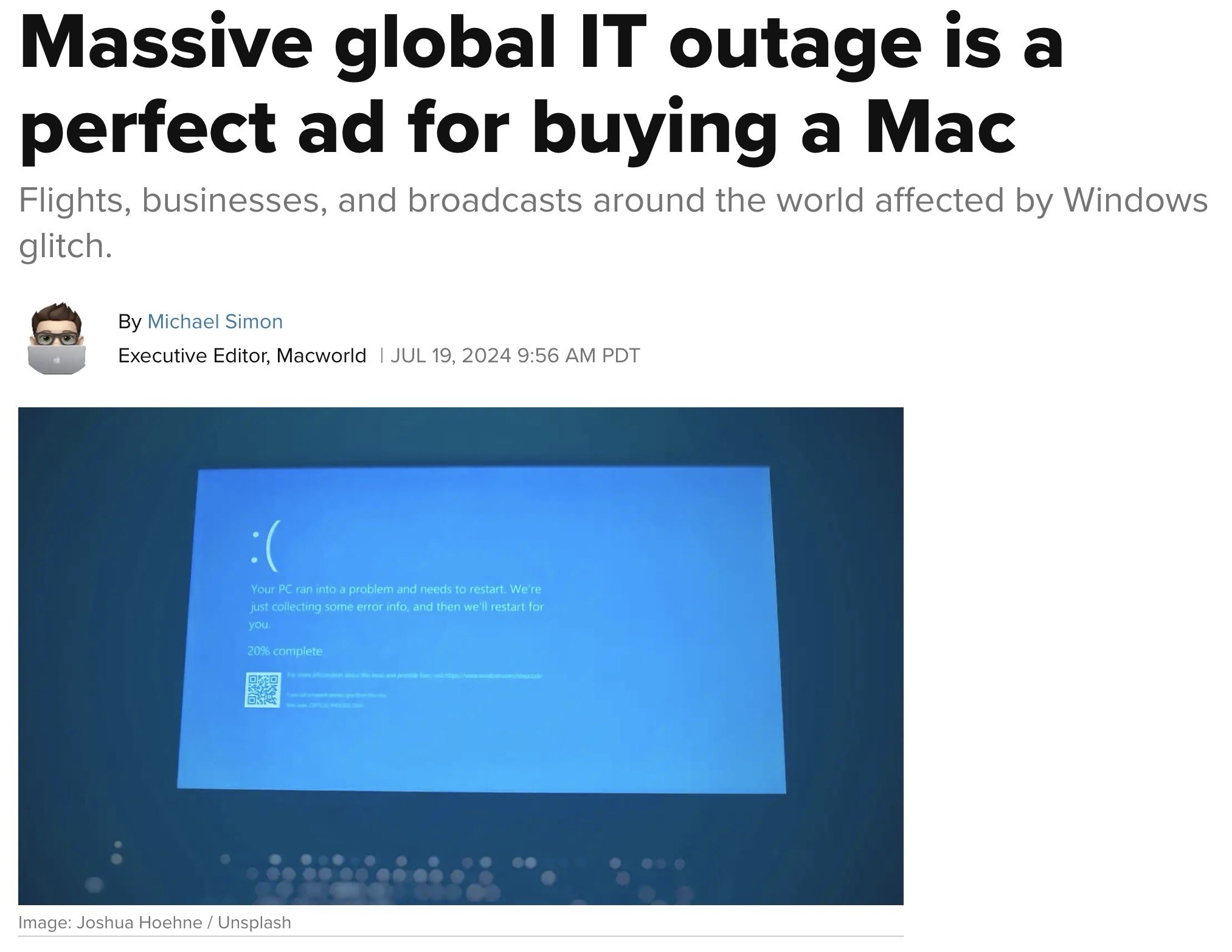Shout Outs - Previous Podcast Guest Jeff Richardson for His Appearance on the iPad Pros Podcast!
/an ipad can be a very productive tool in a lawyer’s tool belt! - But imho its still not a laptop replacement.
Recently, previous podcast guest, blogger at iPhone J.D. and co-host (with previous podcast guest Jeff Richardson) of In The News! was a guest on Tim Chaten's podcast iPad Pros! Jeff shares his love of Apple's mobile products as he and Tim discuss his insights on the transformative role of iPads in the legal field. As technology continues to evolve, attorneys are finding innovative ways to leverage these advancements to enhance their practice. Here’s some of Jeff's insights from the interview about how iPads are reshaping the landscape for tech-savvy lawyers.
The iPad Pro: A Game-Changer for Legal Professionals
Jeff's discussion highlights the iPad Pro as a pivotal tool for modern attorneys. Its versatility and power make it an ideal device for various legal tasks, from document review to courtroom presentations. The iPad Pro's portability allows lawyers to work efficiently from anywhere, whether they are in the office, at home, or on the go. This flexibility is crucial in today’s fast-paced legal environment, where the ability to access and manage information quickly can make a significant difference.
Key Features That Stand Out
1. Enhanced Productivity with Multitasking Capabilities
The iPad Pro's multitasking features enable attorneys to work on multiple documents simultaneously, which is particularly useful during research or when preparing for a case. The split-screen functionality allows lawyers to compare documents side-by-side, making it easier to spot discrepancies or gather information efficiently.
2. Seamless Integration with Legal Apps
The iPad Pro supports a wide range of legal-specific applications that streamline various tasks. Apps like PDF Expert and Goodnotes allow for easy annotation and organization of legal documents, while cloud-based services like Dropbox and iCloud ensure that files are accessible anytime, anywhere. This integration enhances collaboration among legal teams, allowing for real-time updates and seamless communication.
3. Superior Display and Presentation Tools
With its high-resolution display and powerful graphics, the iPad Pro is an excellent tool for presentations. Attorneys can use it to deliver compelling visual arguments in court, utilizing apps like Keynote or PowerPoint. The Apple Pencil further enhances this capability, allowing for precise annotations and drawings directly on the screen, which can be especially useful during trials or client meetings.
4. Robust Security Features
Security is a top priority for legal professionals, and the iPad Pro does not disappoint. With features like Face ID and encrypted storage, attorneys can ensure that sensitive client information remains protected. Additionally, the ability to remotely wipe data in case of loss or theft adds an extra layer of security, giving lawyers peace of mind.
5. Continuous Updates and Support
Will pen & Paper go the way of the dodo birds! 🦤
Apple’s commitment to providing regular software updates ensures that the iPad Pro remains a cutting-edge tool. These updates often include enhancements to security, productivity, and compatibility, ensuring that attorneys can rely on their devices to meet the demands of their practice.
Jeff shares that the iPad Pro is more than just a tablet; it’s a comprehensive tool that can significantly enhance the efficiency and effectiveness of legal practice. As Jeff Richardson emphasizes, embracing technology like the iPad Pro is not just about keeping up with trends but about leveraging these tools to provide better service to clients and improve overall practice management.
Enjoy and Happy Lawyering!





























